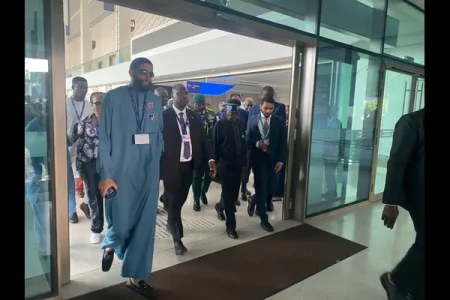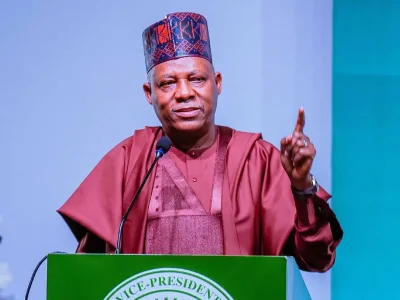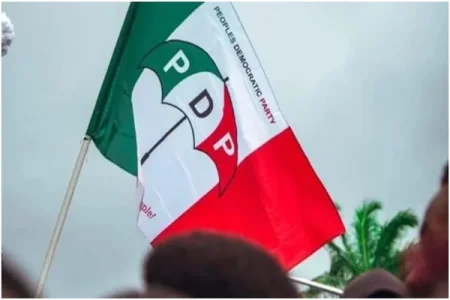
In the bustling halls of COP28 in Dubai, where nations converge to address the urgent issue of climate change, Nigeria has taken center stage with a delegation of 1,411 individuals. While this number has stirred controversy, the reality, as revealed by Temitope Ajayi, the Senior Special Assistant to the President on Media & Publicity, is a multifaceted representation of Nigeria's interests.
In an article titled 'Nigeria at COP28: Separating the facts from fiction,' Ajayi dismantles misconceptions surrounding the delegation's composition. Contrary to popular belief, not all delegates are government-funded. Ajayi highlights a diverse mix of participants, including civil society actors, business leaders, environmentalists, climate activists, and journalists.
Ajayi underscores the importance of this broad representation, emphasizing that these delegates play pivotal roles in advancing Nigeria's stance on climate action. From government officials to business magnates like Tony Elumelu and Abdul Samad Rabiu, the delegation encompasses those with a vested interest in sustainability and climate initiatives. Ajayi dispels assumptions by clarifying that the trip of these business leaders and their entourages is not funded by the Federal Government.
One significant aspect Ajayi highlights is the inclusion of youth organizations, particularly from the Northern and Niger-Delta regions, where the impact of desert encroachment and hydrocarbon activities is most pronounced. Jonathan Lokpobiri, President of the Ijaw Youth Council, leads a delegation of more than 15 individuals, representing the concerns and aspirations of the youth affected by these environmental challenges.
Despite these clarifications, Ajayi stops short of providing the exact number of government-funded delegates, leaving room for speculation and fueling criticism. This ambiguity has not escaped the scrutiny of many Nigerians, who question the necessity of such a large delegation, especially amid economic challenges faced by millions of citizens.
As the controversy simmers, it becomes apparent that Nigeria's robust presence at COP28 is not merely symbolic. President Bola Tinubu, leading the charge for Nigeria and the continent, advocates for a fair and just approach to climate decisions, particularly in the context of energy transition. The delegation engages in substantive discussions, with state governors actively participating in technical sessions, making presentations, and pitching sustainability projects to development partners and investors.
In a summit boasting over 97,000 delegates from around the world, the nuances of Nigeria's representation unfold, reflecting the intricate layers of climate-related issues. As COP28 progresses, the true impact of Nigeria's involvement will become clearer, showcasing a nation actively shaping the global conversation on climate change, beyond the numbers that initially raised eyebrows.




